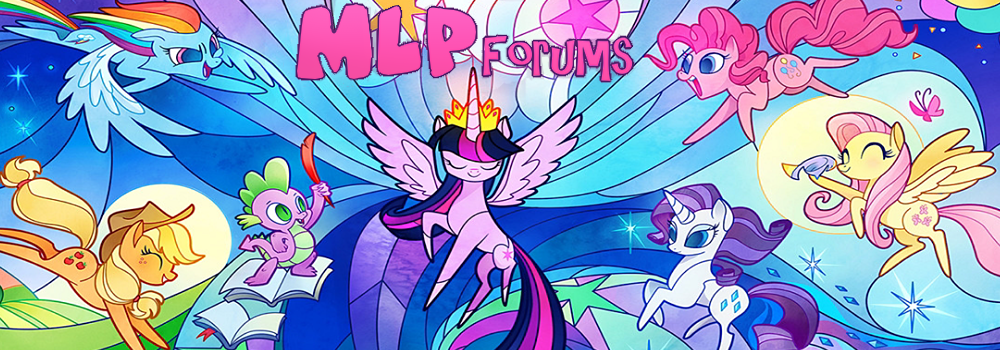Steam new policy to ease up on games.
-
Similar Content
-
- 42 replies
- 889 views
-
- 72 replies
- 4,244 views
-
- 4 replies
- 560 views
-
- 0 comments
- 395 views
-
- 0 comments
- 107 views
-
-
Recently Browsing 0 members
- No registered users viewing this page.




.thumb.png.2f7b072101e7fbfb3a09c2f121ee7b26.png)


Recommended Posts
Create an account or sign in to comment
You need to be a member in order to leave a comment
Create an account
Sign up for a new account in our community. It's easy!
Join the herd!Sign in
Already have an account? Sign in here.
Sign In Now